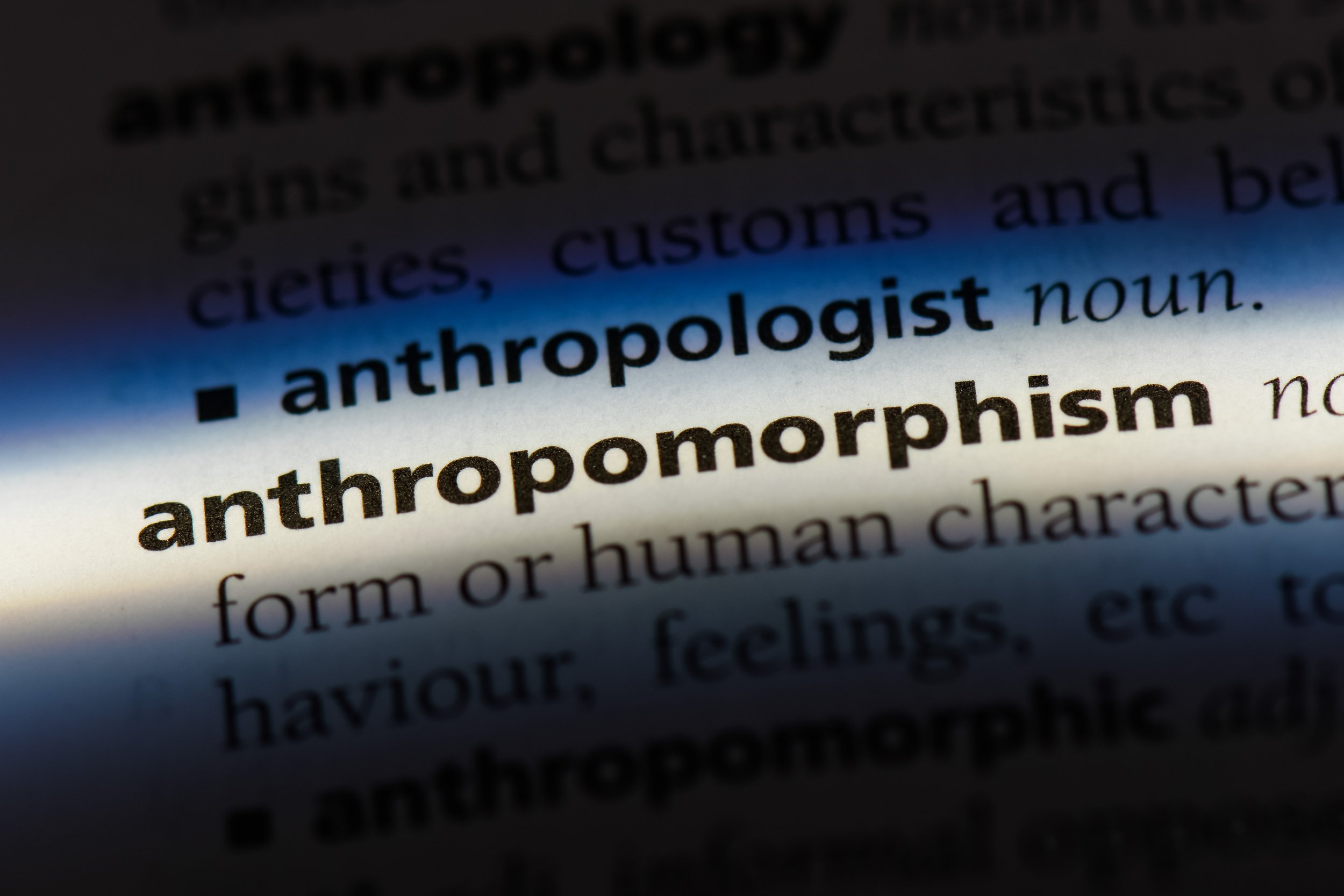WoW: AI Anthropomorphism - Why Law Firms Must Recognize the Human Illusion in Legal Tech 🤖⚖️
/What Is AI Anthropomorphism?
Real wisdom isn’t coded—lawyers still Need to read the dictionary.!
AI anthropomorphism is the tendency to attribute human qualities—like emotions, intentions, or consciousness—to artificial intelligence systems. In law practice, this often means treating chatbots, legal research tools, or document automation platforms as if they “think,” “feel,” or “understand” like a human attorney. This perception is not just a quirk of psychology; it can have real consequences for how law firms use, trust, and market AI-powered legal technology.
Why Does It Matter for Attorneys? 💼
Legal professionals increasingly rely on AI for research, drafting, and client communications. AI chatbots and document generators are now common in law offices. When attorneys or staff assume these tools “understand” legal nuance or can “reason” like a human, they risk overestimating what AI can do. This can lead to errors, ethical missteps, or even malpractice if AI-generated output is not carefully reviewed by a human expert.
How AI Anthropomorphism Shapes Law Firm SEO and Content Strategy 📈
lawyers still Need to read the dictionary.!
AI is revolutionizing how law firms approach digital marketing and SEO. Generative AI can produce content that sounds human, answers client questions, and even tailors responses to user intent. However, search engines like Google still prioritize content that demonstrates real human expertise, authority, and trustworthiness (E-E-A-T). If your firm relies too heavily on AI-generated content—without human review or unique legal insights—it can hurt your work and credibility.
The Risks of Anthropomorphizing AI in Legal Practice ⚠️
Over Trusting AI Outputs: Treating AI as a “virtual colleague” can cause attorneys to accept its answers without proper scrutiny. AI does not “know” the law; it predicts likely responses based on training data and may fabricate information (“Hallucinate”) or miss key context.
Ethical & Professional Duty: Lawyers have a duty to supervise technology and ensure its outputs meet professional standards. Assuming AI “gets it right” can result in ethical violations or harm to clients.
Client Perception: If clients believe your AI tools are as reliable as a seasoned attorney, they may misunderstand the limits of these technologies. Transparency about what AI can and cannot do is crucial for trust.
Best Practices for Law Firms 👩⚖️👨⚖️
AI is a tool not the answer.
Human Oversight: Always review AI-generated documents and research. Use AI as a tool, not a replacement for legal judgment.
Educate Staff and Clients: Make sure everyone understands that AI does not “think” or “feel.” It is a powerful assistant, not a human expert.
Blend AI Efficiency with Human Expertise: The most effective law firm content combines AI’s ability to process and structure information with the unique insights and experience of attorneys.
Optimize for E-E-A-T: Google rewards content that demonstrates human expertise and trustworthiness. Use AI to support, not substitute, your firm’s voice and authority.
The Bottom Line
AI anthropomorphism is a natural but risky habit in legal practice. By recognizing AI’s true capabilities and limits, law firms can harness its power while maintaining the high standards clients and regulators expect. The future belongs to firms that blend technological innovation with irreplaceable human judgment and expertise.










